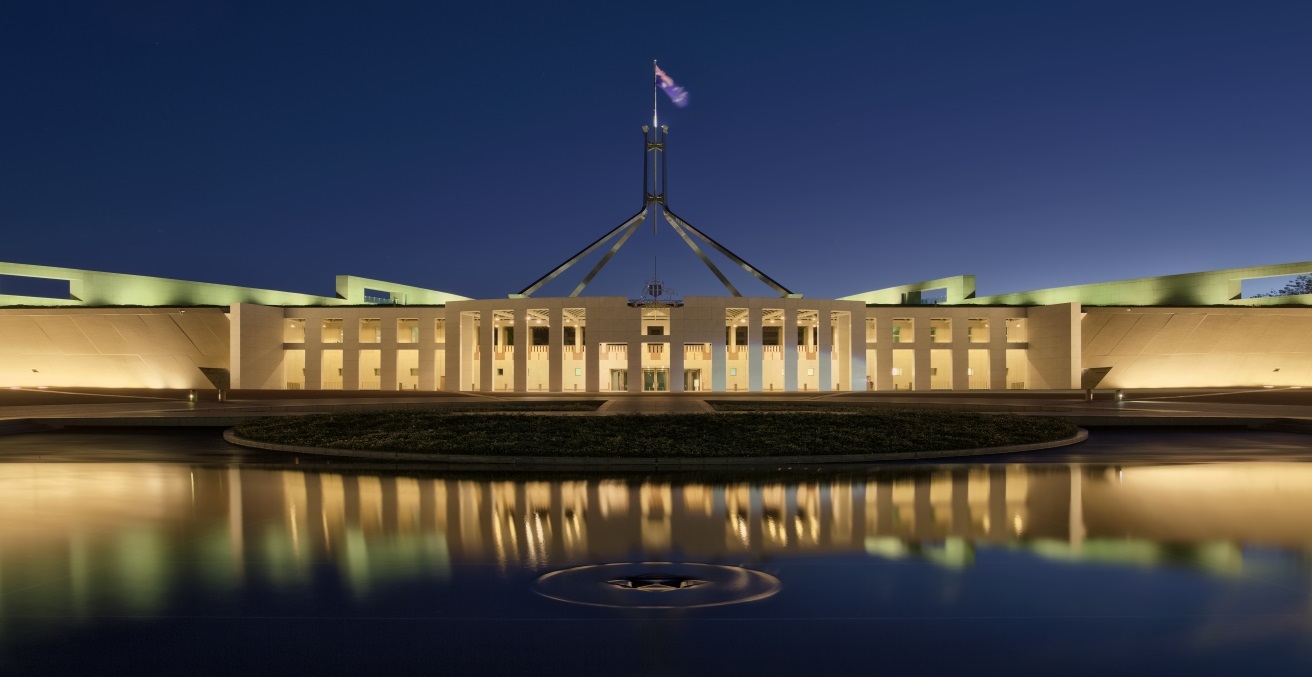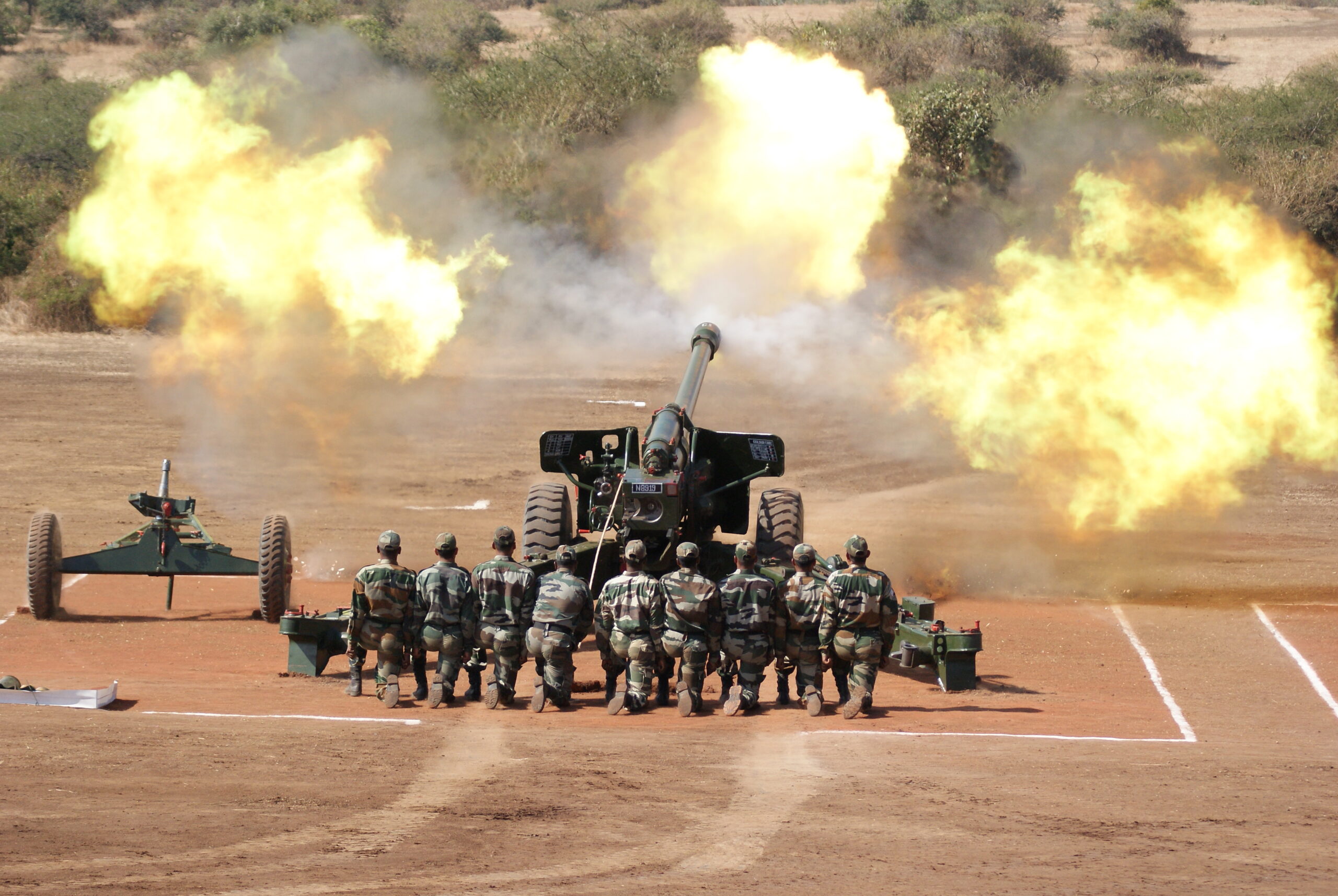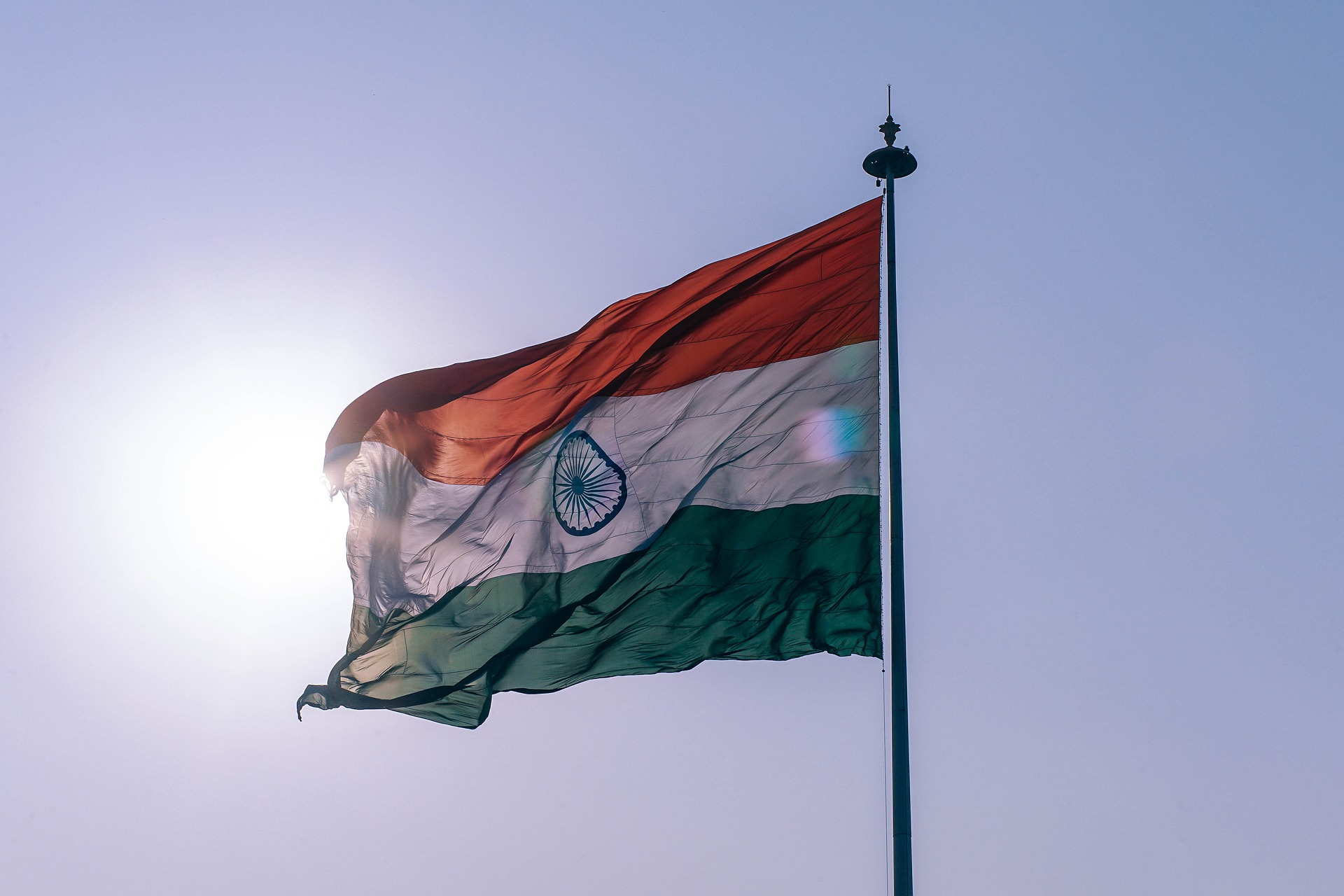In his latest Financial Times article, Iranian Foreign Minister Abbas Araghchi lamented the way Israeli military aggression against his country sabotaged nuclear diplomacy with the US. He revealed that both countries were on the “cusp of a historic breakthrough,” when a “profound betrayal of diplomacy” occurred.
Araghchi, a key figure in the now-stalled negotiations with the US, said while Tehran is interested in diplomacy, it will not be easy to trust Washington again. Doubts over US commitment to negotiating in good faith were also raised by Iran’s President Masoud Pezeshkian. In a recent interview with Tucker Carlson, he said Iran can resolve its differences with the US through dialogue and diplomacy, while underscoring the trust deficit between the two countries. Although these views reflect Iran’s indignation over the recent Israeli and US violations of its sovereignty, they offer a way out ahead of the upcoming round of talks: Washington winning Tehran’s trust.
Why the onus is on the US?
There is one particular reason why the US must take steps to gain Iran’s trust. The 12-day war has further damaged Washington’s reputation as a trustworthy negotiator. Israel launched a series of attacks on Iran just two days before the country’s nuclear negotiators were to meet their US counterparts. Israel’s military operations not only involved illegal strikes on Iran’s safeguarded nuclear facilities, but also led to the killings of its top scientists and military commanders. While US President Donald Trump had urged Israel not to take military action, he called these strikes successful and excellent. He also said he knew about Israel’s plans. This indirect support was followed by direct US participation in the war, as evidenced by its bombardment of Iran’s all-important Fordow Fuel Enrichment Plant and two other nuclear sites. Iran rightly sees this as yet another US betrayal. It could reasonably argue that while it was engaged in nuclear talks, the US neither stopped its ally’s aggression nor abstained from using force itself. Iranian hardliners will also remind audiences at home and abroad about another instance of US capriciousness: its unilateral withdrawal from the Joint Comprehensive Plan of Action (JCPOA) in 2018.
What should the US do?
Washington can plug the trust deficit by taking two significant actions. First, it should firmly state that it is not interested in toppling the Islamic Republic. Although regime change was not one of Israel’s stated war aims, it was repeatedly brought up during the war. However, President Trump not only vetoed an Israeli plan to eliminate Iran’s Supreme Leader Ali Khamenei but also publicly said he would not be killed. More encouragingly, a few days after announcing the ceasefire between Iran and Israel, President Trump said he would not seek regime change in Iran, as that would be chaotic. While this is a reasonable thing to say, it does not inspire much confidence. A more categorical US rejection of regime change is needed to build greater trust. If the Khamenei-led Islamic Republic remains fearful of being dislodged, diplomacy will only achieve so much. Renouncing regime change would help convince Iran that US nuclear diplomacy is only concerned with halting its effort to produce nuclear weapons. If the Islamic Republic is not given this assurance, it may be compelled to strengthen itself—including through both nuclear ambiguity and weaponisation of its nuclear program.
Second, the US should not show intransigence over its zero-enrichment demand. Iran has vociferously refused to end uranium enrichment, arguing that no one can deny it the right to pursue nuclear energy for peaceful purposes. As a signatory to the Treaty on the Non-Proliferation of Nuclear Weapons (NPT), Iran is entitled to retain and bolster its civilian nuclear program. While Article IV of the NPT does not explicitly state whether uranium enrichment is permitted, Iran believes it is an inalienable right. Furthermore, lower enrichment levels do not raise significant proliferation concerns. In fact, the JCPOA allowed Iran to enrich uranium up to 3.67 percent. Convincing Iran to settle for this level would be more practical than insisting on zero enrichment. This is primarily because ensuring zero enrichment is not critical to preventing Iran from building nuclear weapons. If anything, it would suggest to the Iranians that the US seeks to strip them of their sovereign right to leverage nuclear energy—making the much-needed progress of dialogue all the more unlikely. However, if the US appears amenable to allowing limited enrichment, Iran may respond positively.
These two steps must be taken in tandem. If they are not, the level of distrust will only increase. If the threat of regime change looms, Iran will have no incentive to negotiate substantively. Similarly, if Washington does not budge on zero enrichment, Iran’s nationalistic fervour will lead to the scuttling of diplomacy.
If the US does not make a concerted effort to be seen as a trustworthy party, diplomacy will be jeopardised. As a result, the current and potential guardrails against Iran’s nuclear weaponisation will only weaken. Moreover, it will further encourage it to remain uncooperative with the International Atomic Energy Agency—an approach that calls into question its commitment to nonproliferation. Such a situation will only go on to increase the prospect of another military conflagration among Iran, Israel, and the US.
Syed Ali Zia Jaffery is Deputy Director, Center for Security, Strategy and Policy Research (CSSPR).
This article is published under a Creative Commons License and may be republished with attribution.





